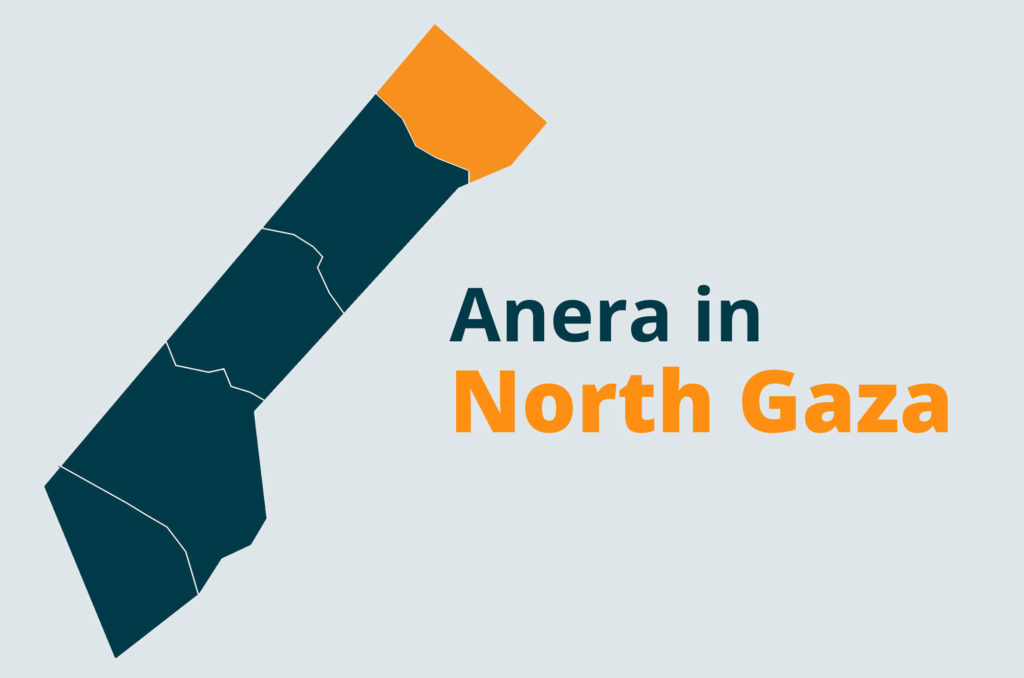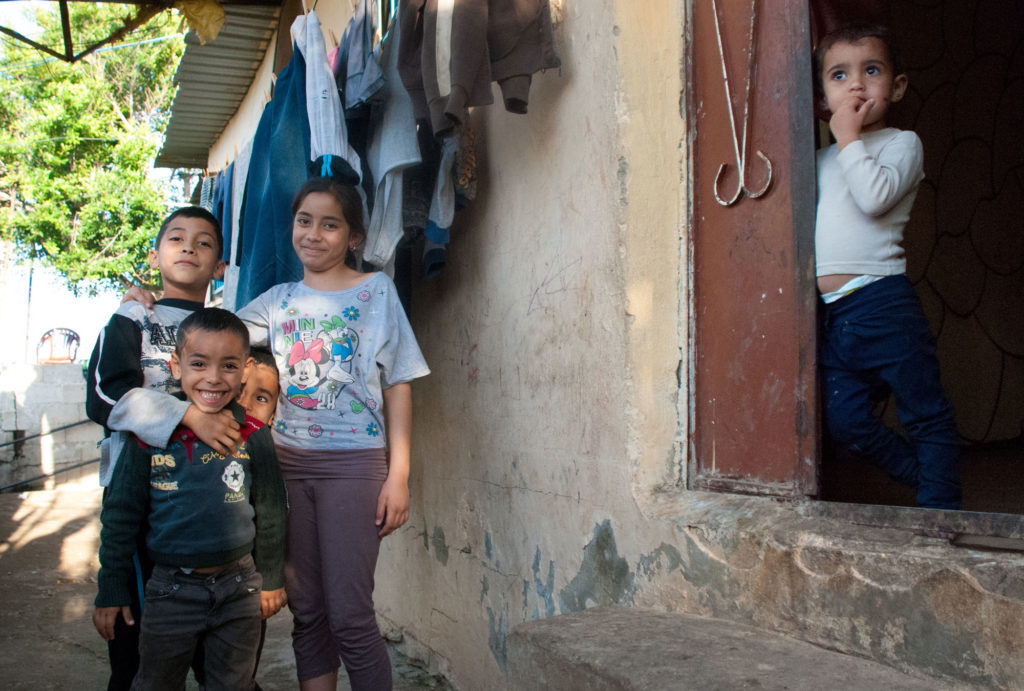COMMUNITY
Helping the Most Vulnerable Pick Up the Pieces
Dec, 2020
Each hygiene and food kit will last a family almost two months
Since August 2019, Lebanon has been facing a major cash crunch. A shortage of US dollars and the spiraling depreciation of the Lebanese lira caused thousands of businesses to shutter their doors. According to Asharq Al Awsat news, “Consumer goods prices have increased by 58% since October resulting from the worst economic crisis in decades.”
As prices skyrocket, growing numbers of people are finding themselves unemployed. Some 785 restaurants and cafes closed in just the six months between September 2019 and February 2020, throwing 25,000 employees out of work. These figures are only a small sampling of the hardships of the last 15 months.
The August 2020 blast, one of the most powerful non-nuclear explosions in history, was the straw that broke the camel's back — and the hearts of Beirutis. Life has turned increasingly grim for hundreds of thousands of people in Lebanon, whether Lebanese citizens, immigrants or refugees.
There are no easy solutions for such a fragile situation, but that does not mean that nothing can be done. In fact, quick fixes in the form of effective urgent interventions are very much required.
In the months following the port explosion, cases of COVID-19 have soared in Lebanon. The situation means ensuring widespread access to hygiene materials is critically important. Meanwhile, hunger is a growing problem in the wake of the economic crisis.
To address these twin problems, the Lebanon Humanitarian Fund has launched a nation-wide campaign to distribute hygiene and food parcels to families affected by the Beirut blast and marginalized communities across Lebanon that are impacted by COVID-19 and the lockdowns.
The Lebanon Humanitarian Fund selected Anera, a pioneer in large-scale aid distributions and relief campaigns, as its main project implementer. In line with Anera’s belief in a bottom-up approach to humanitarian work, we partnered with efficient local organizations to facilitate the distribution process.
Through the program, which we named كلنا لبعض (Kilna La Ba’d), meaning for one another, Anera and our partners identify the families most in need of support — those who have been greatly impacted by the blast, who lost their family breadwinners, their homes and their belongings — to receive food and hygiene aid.
With the support of our grassroot local partners, Anera is distributing 16,000 food and hygiene kits to more than 4,000 households affected by the Beirut blast.
Anera project manager Walaa Kayyal says,


“As Anera, our role is to ensure that these donations are given to those most in need. We conduct a satisfaction survey immediately after each week of distributions to truly measure the impact of our campaign on improving the economic and psychological situation of the affected families, and to further improve the quality of our services."
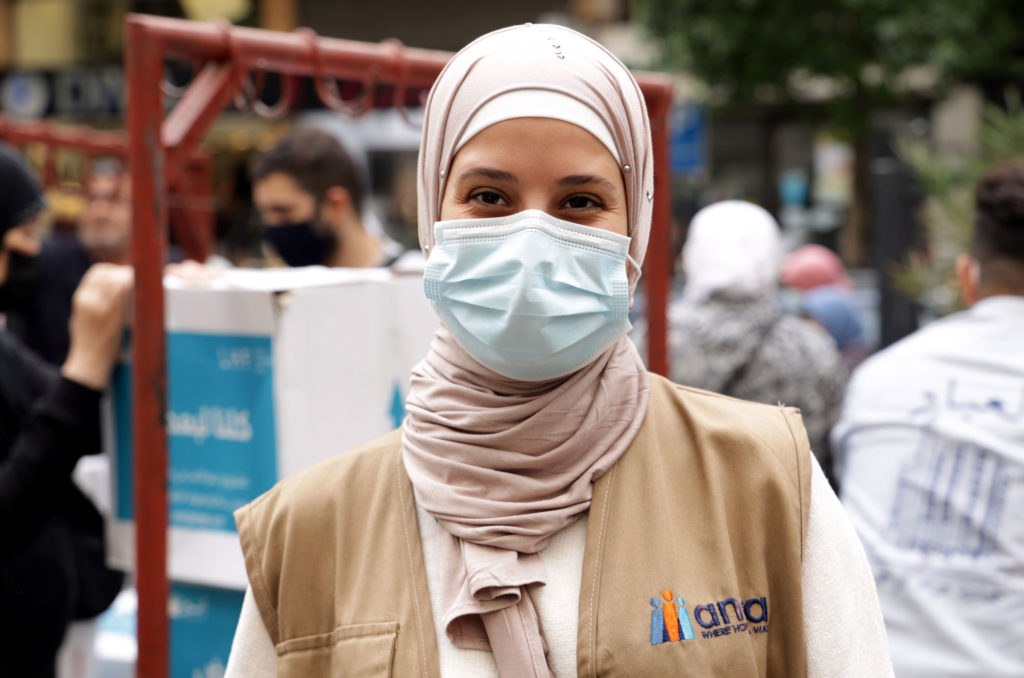



“Each kit [both hygiene and food] can last each family almost two months. That is two months of lower expenses and spending for these families. Which means a lot to them, especially in light of the coronavirus and the complete lockdowns happening in the country.”
Salam Moghrabi, project supervisor with our partner Dar Al Amal Association, says their needs assessment surveys found many people in grave circumstances.


“We noticed that there are many families in dire need of psychological and financial assistance, specifically in the areas of Karantina, Borj Hammoud and Nabaa, which are very close to the Beirut port. We will continue working towards their psychological, social and economic recovery."
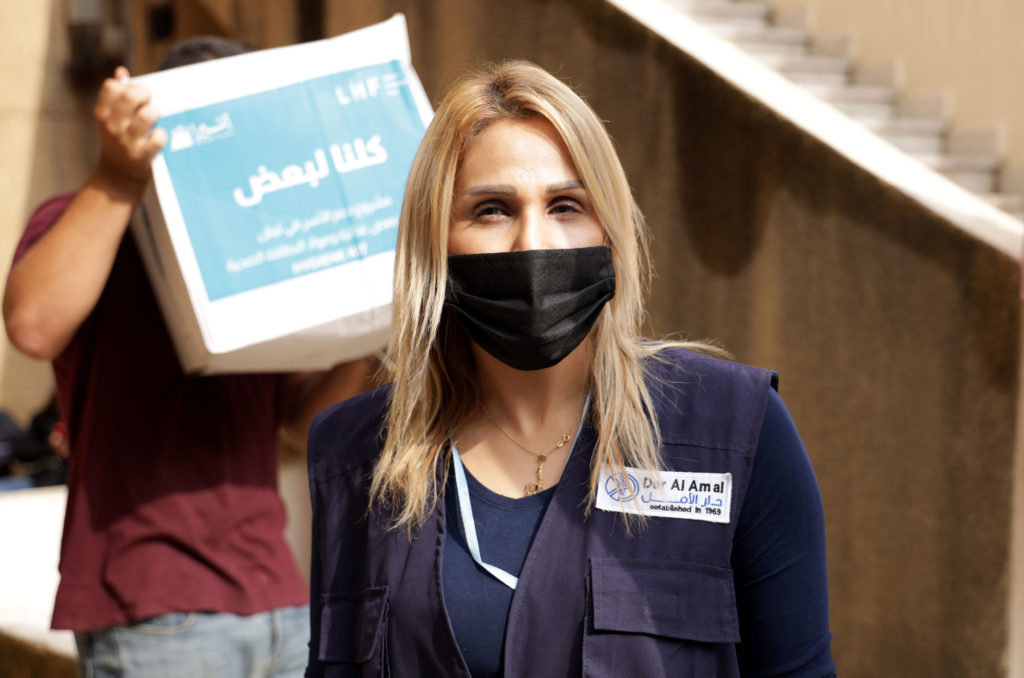



“Today we started distributing 50 rations, and the distribution will continue for three days. People come in shifts, while following the precautionary measures against coronavirus. We are all wearing our masks, using sanitizer and maintaining physical distancing. It’s not easy, but we can do it!”
Mapping Anera's Response to the Beirut Blast
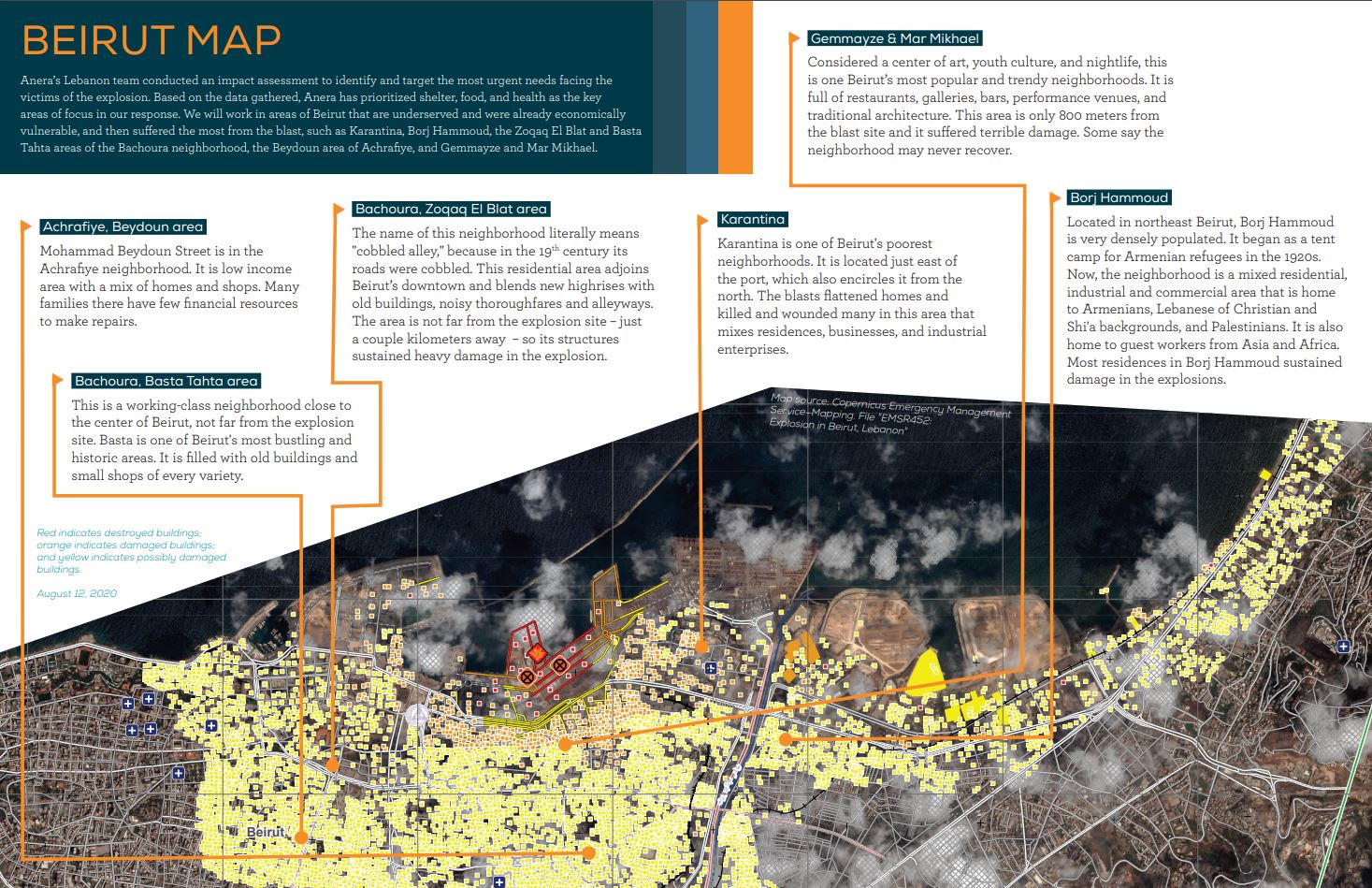

Another partner organization, Ibad Al Rahman Association, is a faith-based NGO in Beirut that focuses mainly on the provision of in-kind donations such as medication, winter clothing and basic food items. Mustafa Kobrosli is the administrative director. He says,


“Distributing food and hygiene rations to those affected by the Beirut blast is everyone’s priority today. We are looking forward to establishing a long-lasting partnership in order to serve our community.”
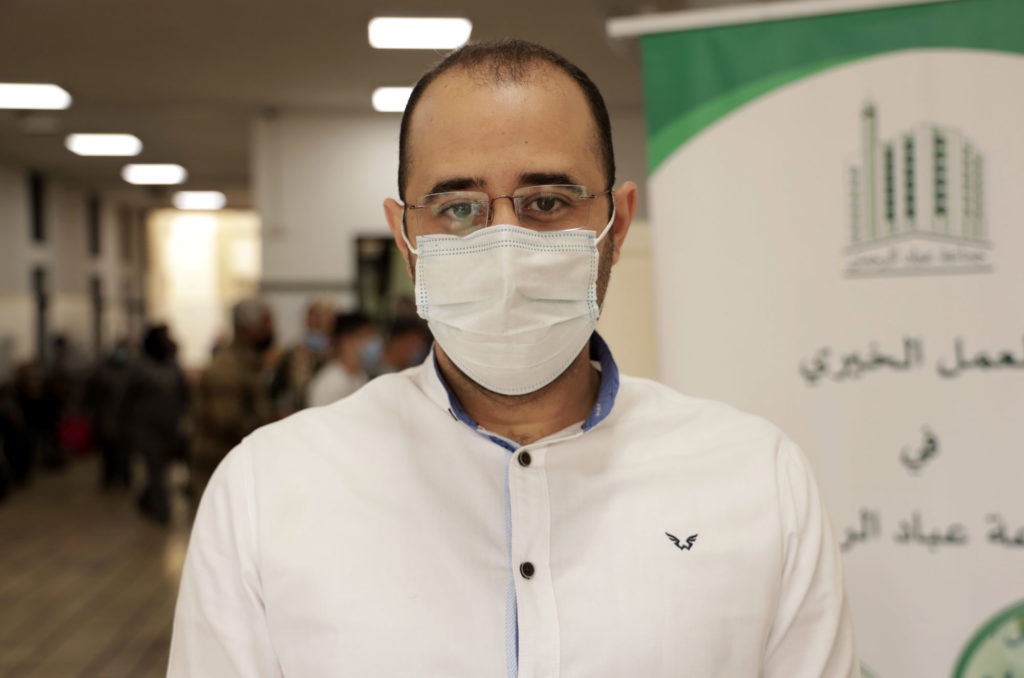

One aid kit recipient, Fadia, says,


“Sometimes, I get so worried and afraid of the future. Our income is very limited and the prices of all products and goods in Lebanon are rising. I hope that God will protect Lebanon and give us the strength to overcome these hardships."
Huda, a Lebanese citizen, is another aid recipient. She too is anxious about the future.


“Lebanon is still standing and will remain so until it flourishes again. But it is tiring of course. I am tormented by being worried all the time. We have school fees, bills and medical expenses. All I care about are my children. I mean, there is a shortage in food and medication... What if we see a famine? I ask God to guide our politicians towards cooperating with each other and with organizations such as yourselves, for the sake of Lebanon and its people.”
Anera’s local partners for this project include Irshad and Islah, Association of Mashari, Howard Karagheusian Commemorative Corporation, Warde NGO, Mary’s Angels, Bhobb (Love) Group, Beit Al Baraka, Dar Al Amal, Lebanese Food Bank, Live Love Beirut, Beyond Rights, and Ibad Al Rahman Association.

